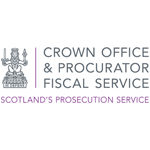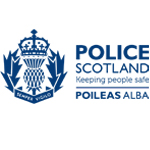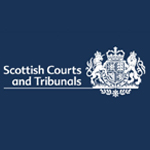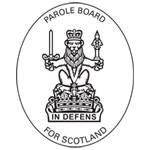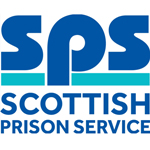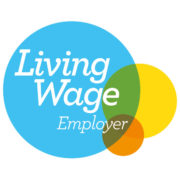Stalking
Stalking is persistent and unwanted attention by another person (or people) that makes you feel pestered, unhappy, anxious or afraid. It is not a single or one-off incident.
Stalking is a behaviour that happens two or more times. It can build up slowly, so may not be identified as ‘stalking’ immediately, and can continue over a period of time. This is known as a course of conduct.

A course of conduct means a persistent pattern of behaviour, composed of a series of acts, committed over time, that shows a continuity of purpose. Stalking behaviours can be criminal, non-criminal, or both, and are persistent and unwanted.
As there is no legal definition of stalking, each case must be assessed individually, and there are instances where the Police and Courts would view certain types of behaviour as being within the law. These include:
- Where a course of conduct was being pursued with the aim of preventing or detecting a crime. This applies to Police, HMRC, Post Office and other authorised agencies. However, individuals such as Neighbourhood Watch or investigative journalists may claim that their activities are for this same purpose.
- Where individuals representing companies, such as building society or bank personnel, issue a warning in writing of repossession proceedings, because of mortgage default, followed by repossession taking place.
- Where the individual was acting reasonably, and without malice, in particular circumstances.
The decision as to what amounts to ‘reasonable behaviour’ will rest solely with the courts.
Stalking tactics
Although each incident of criminal stalking is unique and stalkers may have different motivations, the tactics and techniques employed are often very similar. These include:
- Following you or your family or friends
- Contacting or attempting to contact you by any means
- Publishing material about you without your consent, in print or online
- Monitoring your phone, internet, e-mail or other form of communication
- Loitering in a private or public place or interfering with your property
- Leaving unwanted gifts or notes for you and watching or spying on you
- This list is by no means exhaustive and each instance of stalking may present unique circumstances not listed above.
If you’re being stalked, you may experience many different emotions. Fear, alarm, anger, anxiety, helplessness, distress, low self-esteem and isolation are common. You may feel that you want to be alone more and stop going out to doing things you would normally do. You may also start to question yourself – whether this is actually happening or if it is as bad as you think. You may feel that no one believes you.
Everyone responds differently, but it’s important to remember that all of these reactions are normal, and this is not your fault. Only the perpetrator is to blame for their behaviour.
Victim Support Scotland can provide you with personalised support and information. You don’t need to report the crime to receive our help.
First and foremost, we will listen to you and allow you the time to talk about your experiences. We will provide you with a trained supporter, who has experience dealing with such cases and who can offer nonjudgmental support and information. Our aim is to help you feel safer and emotionally stronger as well as better informed of your rights.
We can give you practical help, such as informing you of your rights and putting you in touch with specialist services, to help cope with the form of stalking being committed.
If you or someone you care about has been affected by stalking, please know that you are not alone. Whoever you are, whatever the situation and whenever it took place, we can help you.
You can access our services regardless of whether you have reported the crime or not to the police. Our services are free, independent and confidential.*
*We will only alert someone else if we feel you are at risk to yourself or to others.
There are other organisations that can provide information and support about stalking:
National Stalking Helpline
Phone: 0300 636 0300
Email: advice@stalkinghelpline.org
Suzy Lamplugh Trust
Phone: 020 7091 0014
Scottish Women’s Rights Centre
(free legal advice including free *FollowItApp*, to log and record incidents of stalking & designed to complement Scots Law)
Phone: 08088 010 789 (Open every Wednesday 1330 – 1630)
Whoever you are and whatever the crime, we’re here to help
-
Call our free helpline | Mon-Fri, 8am-8pm
0800 160 1985 -
Help near you
Enter town or postcode:
-
Request support
Complete our form


